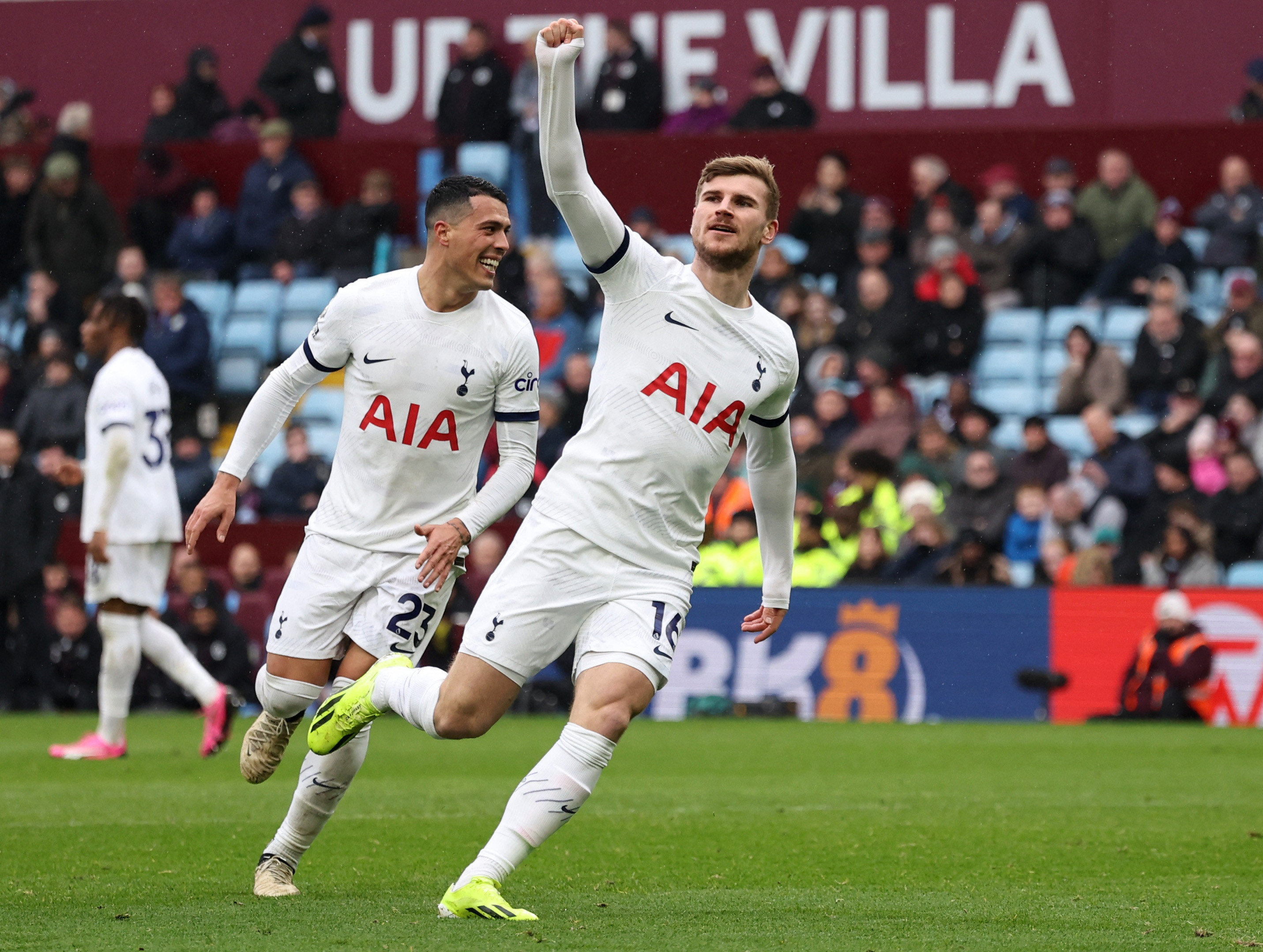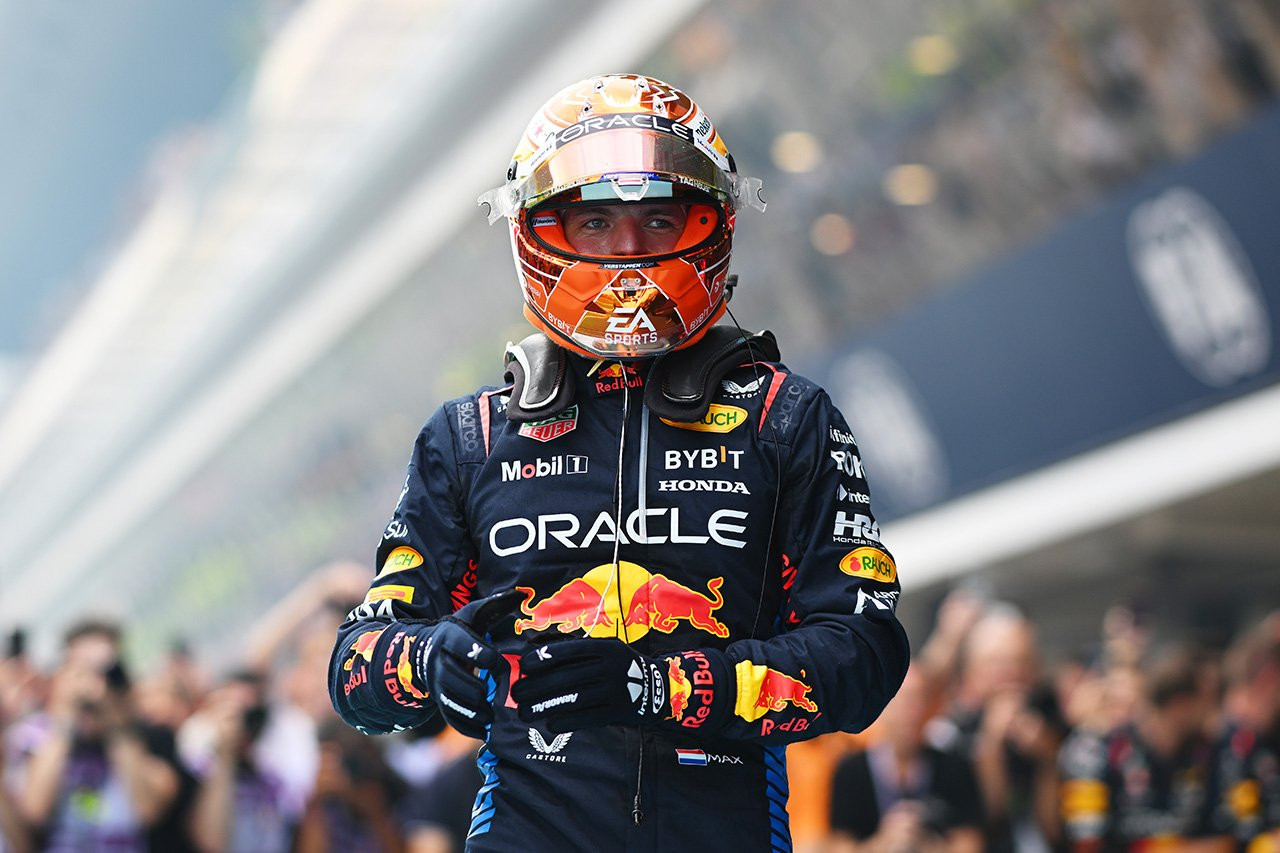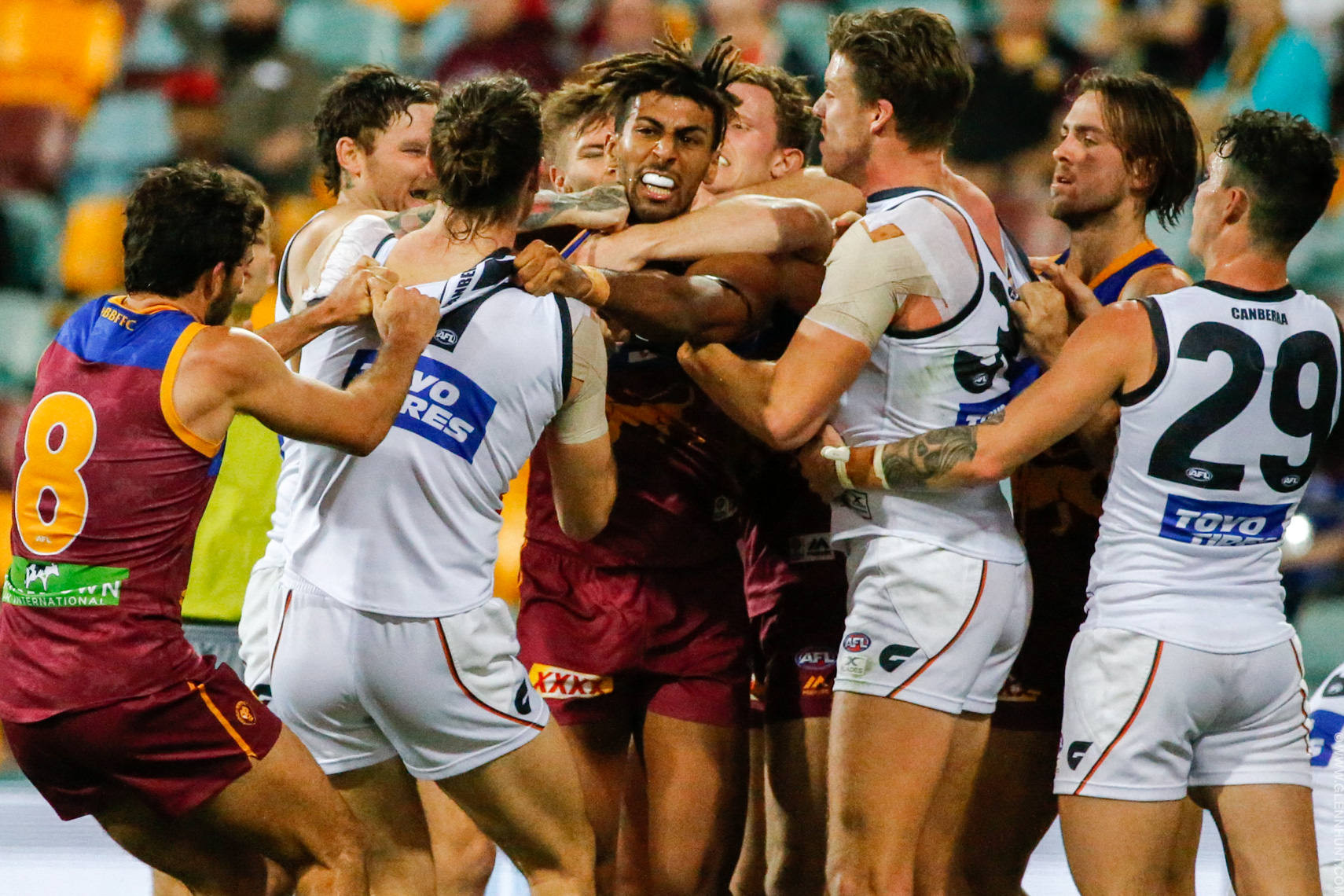Aston Villa's Triumphant FA Cup Victory Over Tottenham
Aston Villa secured a hard-fought 2-1 victory over Tottenham Hotspur in the FA Cup fourth round, sending the visitors packing and advancing to the next stage of the competition. The match, played at Villa Park, showcased an enthralling encounter filled with drama, skill, and ultimately, a deserved victory for the home side. Jacob Ramsey’s stunning early goal set the stage, while Morgan Rogers' decisive strike sealed the deal, leaving Tottenham's Ange Postecoglou to face mounting pressure.
Early Goal Sets the Stage
The match began with an electrifying start when Aston Villa's Jacob Ramsey scored within the first minute, stunning Tottenham and silencing the away fans. Antonin Kinsky, Tottenham's goalkeeper, made a costly error, allowing Ramsey's relatively routine shot to slip through his hands and into the net. This early goal injected incredible energy into the Villa team, while it seemed to unsettle Tottenham from the onset. The opening goal set a tone of dominance for Villa, which they carried throughout much of the game.
Villa's Control and Tottenham's Struggle
Following Ramsey's early strike, Aston Villa effectively controlled the game, showcasing their tactical prowess and superior execution. Tottenham struggled to gain a foothold, exhibiting a palpable lack of cohesion and confidence. There were moments when Tottenham displayed flashes of brilliance, particularly when Son Heung-min came close to scoring; yet their efforts remained fragmented and largely ineffectual. Postecoglou’s team seemed to be playing in fear, as one commentator observed, lacking the conviction and decisiveness needed to break down Villa's resolute defense. Their performance highlighted a deeper issue; one of squad depth, tactical cohesion and the significant burden of injuries to key players. The fact they were missing several key players was used by Postecoglou to justify the outcome but some pundits felt the manager's tactics and lack of in-game adjustments were much more culpable. The lack of effective midfield play and the inability to create clear-cut scoring opportunities underlined Tottenham's struggles throughout the match. The improved performance in the second half, commented upon by several experts, could not make up for the early goal concession. Postecoglou himself conceded that the early goal gave Villa momentum and confidence, a deficit his team never truly recovered from. Many questioned the tactical inflexibility of the manager and his inability to react effectively to the early setback. Their inability to capitalise on their improved second half performance further highlighted this inadequacy.
A Look at the Injuries and Squad Depth
Tottenham's injury crisis played a significant role in their disappointing performance. Key players such as Micky van de Ven, Cristian Romero, Brennan Johnson, and James Maddison were absent, leaving gaps in the team's defensive solidity and attacking creativity. The absence of these players significantly impacted Tottenham's overall performance. Ange Postecoglou had argued that he should be judged when his injured players returned, highlighting the impact of the injury crisis on his team's performance. While this is a valid point, the quality of the Spurs performance, even in comparison to teams with similar injury problems, raised questions about the team's depth, training regimen and tactical approach. The manager’s reaction at the end of the match, staying longer than any player or member of staff to acknowledge the fans, reflects the manager’s character and his engagement with the fans, despite the current difficult circumstances.
Rogers' Strike and Spurs' Late Surge
Morgan Rogers’ second goal, scored 25 minutes from time, effectively sealed the victory for Aston Villa. The goal, resulting from a goalmouth scramble, demonstrated Villa's clinical finishing ability. The celebration was not yet complete, however, as Tottenham’s Mathys Tel scored a goal in stoppage time. This late goal offered only a consolation prize for Spurs, leaving the final result unchanged. This match highlighted the vast difference between the squads. The introduction of Rashford and Asensio for Villa in the second half further showed the depth of their squad. The impact of their new signings, combined with Villa’s existing team, created a significant mismatch that proved decisive. While Villa’s impressive depth was a key factor in the victory, the overall control of the game and quality of their play were more central to their victory. The late goal was a small consolation, a final flourish that was ultimately unable to change the trajectory of the match.
The Aftermath and the Future
Aston Villa's victory, a testament to their superior performance throughout the match, saw them progress to the fifth round of the FA Cup. For Tottenham, the loss adds to the growing pressure on manager Ange Postecoglou. The defeat, coupled with their recent Carabao Cup exit, has intensified scrutiny on Postecoglou's tactics and leadership. With the club languishing near the relegation zone in the Premier League, questions have been raised on the team's ability to compete effectively on multiple fronts. The current situation at Tottenham, including the pressure on the manager, underscores the need for effective squad management, particularly given the impact of their injury crisis. Many fans expressed contrasting viewpoints on the team’s performance. Some voiced support for Postecoglou, acknowledging the impact of injuries while others called for his dismissal, citing tactical ineptitude and poor squad management as the primary reasons for the recent poor results. This match showed that while Villa are clearly performing better, Tottenham still has a glimmer of hope but they need a significant turnaround in their performance and squad stability.



















